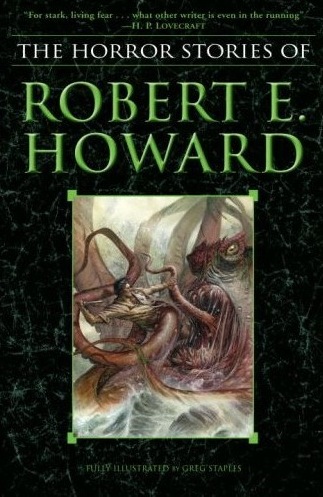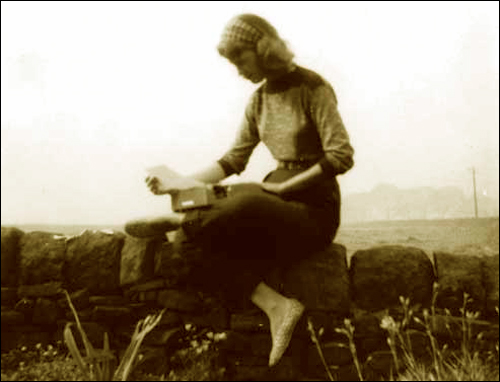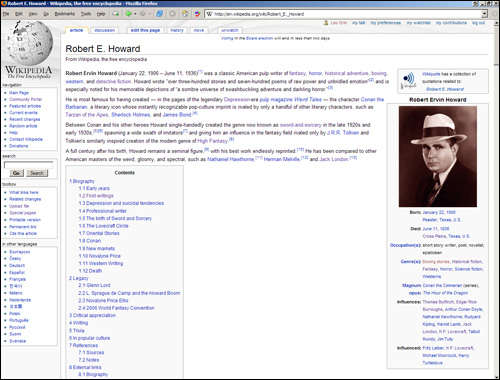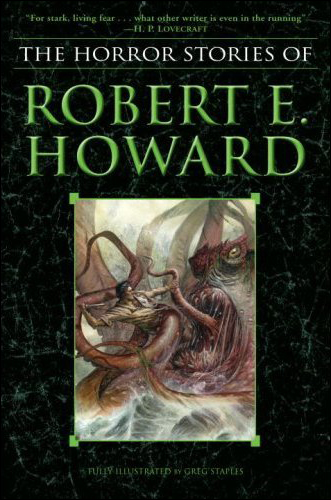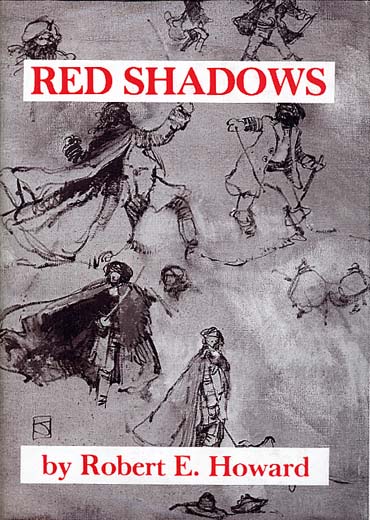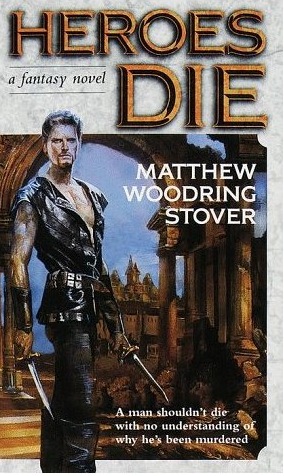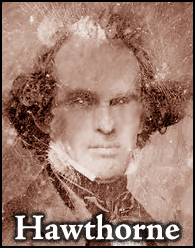Yesterday I was so Pearl Harbored by Mark’s disclosure of the contents of Fenner’s foreword to the new Underwood volume that the blackly comic aspects of the situation were lost on me. For example, the blurbage for the book at the Bud Plant site straight-facedly informs us that Fenner “always has a new take on whatever iconic subject he approaches.” Sure he does, if by “new take” one means wheezy, so-retro-as-to-be-paleo underestimating and overlooking.
Even funnier is the fact that this foreword, so determinedly, effortfully ill-informed, is one bookend to the selected Conan stories, the other being H. P. Lovecraft’s “In Memoriam: Robert E. Howard,” only one of the very best (and least aged) appreciations of Howard’s legacy ever written. As Felix Leiter observes in Diamonds Are Forever, “nothing propinks like propinquity,” and the propinquity in this case does Fenner no favors. Perhaps someone will be moved to argue that it speaks well of the Underwood team that they were open-minded enough to house two such contrasting assessments of REH under the same roof; me, I see editorial incoherence bordering on cognitive dissonance. Are Howard’s Conan stories mere glorified captions for the Frazetta paintings, or are they what Lovecraft suggests they are? Let’s listen: “No author — even in the humblest fields — can truly excel unless he takes his work very seriously; and Mr. Howard did just that, even in cases where he consciously thought he did not.” Yep, to borrow another phrase from “In Memoriam,” it really is a “sorry piece of cosmic irony” that Lovecraft’s X-ray vision should now have to cohabit with Fenner’s myopia.
In the come-on that Underwood Books apparently supplied to Amazon and other vendors, both the Hyborian Age and Middle-earth are mangled, as “the Hyborean Age” and “Middle Earth” respectively. Furthermore, the Hyborian Age is wrongly labeled “an alternate Earth that preceded Tolkien’s Middle Earth.” Big deal, some might mutter; an “e” instead of an “i,” a missing hyphen — so what? Well, I long ago concluded, whether within REHupa or online, that references to writers named “Tolkein” or “Hemmingway” were guarantees that whatever opinions followed could safely be ignored, and my suspicion is that with Underwood Books or anyone else, those who don’t sweat the small stuff don’t get the large stuff.
I see from the Underwood website that they publish the Selected Letters of Philip K. Dick 1980-82 (Volume 6), edited and introduced by none other than Don Herron. Don is rumored to know a little about Robert E. Howard; would it have been so very difficult to solicit his opinion on the Fenner foreword before going to print with it? The website also offers something that I can barely imagine a Herronian reaction to, or that of anyone who cherishes genre classics: War of the Worlds: A Modern Version of the Classic Novel by H. G. Wells. Apparently one Robert Reginald has pried Wells’ classic loose from its 1898 context, vandalism the website justifies as follows: “Yet, despite the book’s stature and the power of its story, its antiquated language and outmoded science have limited its interest for modern readers. This new adaptation remedies that, preserving the authority of Wells’ narrative while modernizing the language.”
Where to begin? “Outmoded science” — has scientific accuracy been what lures readers to the novel since the Twenties at the latest? “Antiquated language” — Dracula came out in 1897; should we modernize Stoker’s language too? Or what about Heart of Darkness from 1899? Conrad was not only an old-timer but a Pole writing in English; we’d better render him accessible to 21st century subliterates right away. No time like the present, or should that be no time but the present? I don’t idly mention Heart of Darkness here, the Conrad and Wells texts are not-so-secret sharers, very much of their turn-of-the-century moment in the way they shift uneasily beneath the White Man’s Burden. But what does that matter when we can have Robert Reginald pre-chewing the vocabulary and retrofitting the references for us? All the while “preserving the authority of Wells’ narrative,” of course, in much the same way as “The Treasure of Tranicos” preserves the authority of Howard’s “The Black Stranger.”
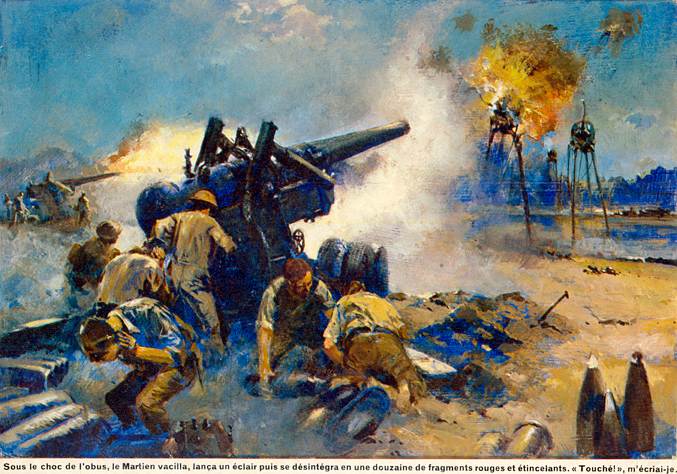
“No one” will watch a black-and-white film these days; better colorize ’em all. “No one” will read “antiquated” prose either; maybe Underwood Books or some other cultural benefactor can step in to modernize the creaky language of “The Shadow Kingdom” round about 2035 or so, or the very stories strung up from — er, collected in — Bitter Tree in the mid-2040s. Can’t wait.

